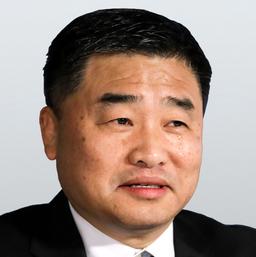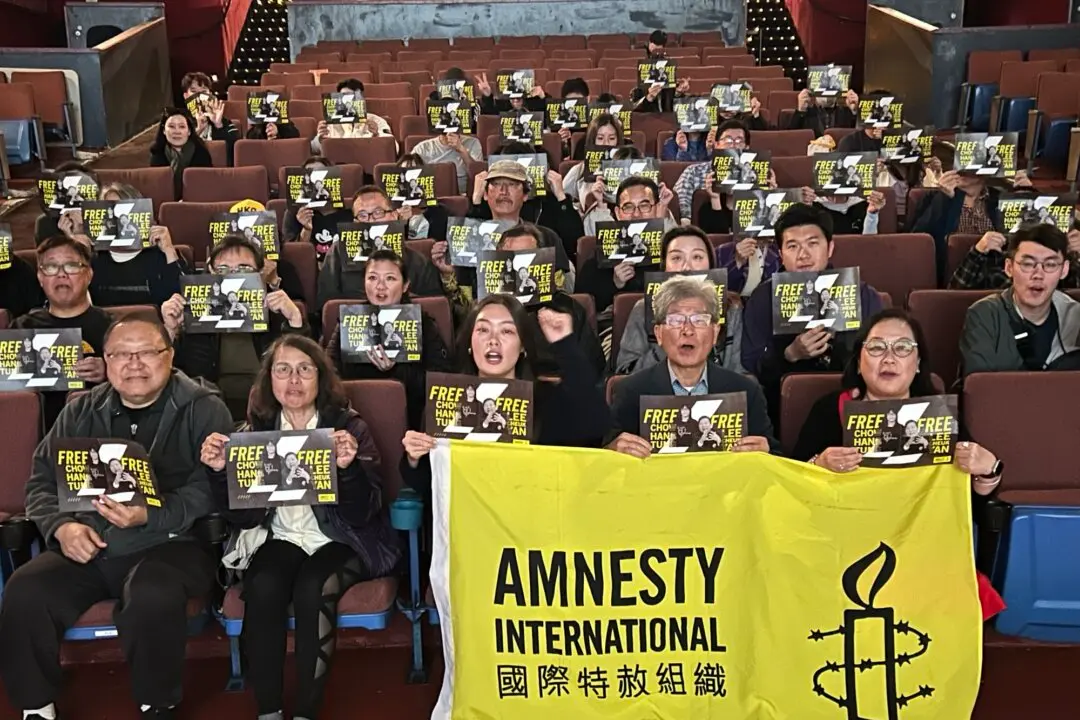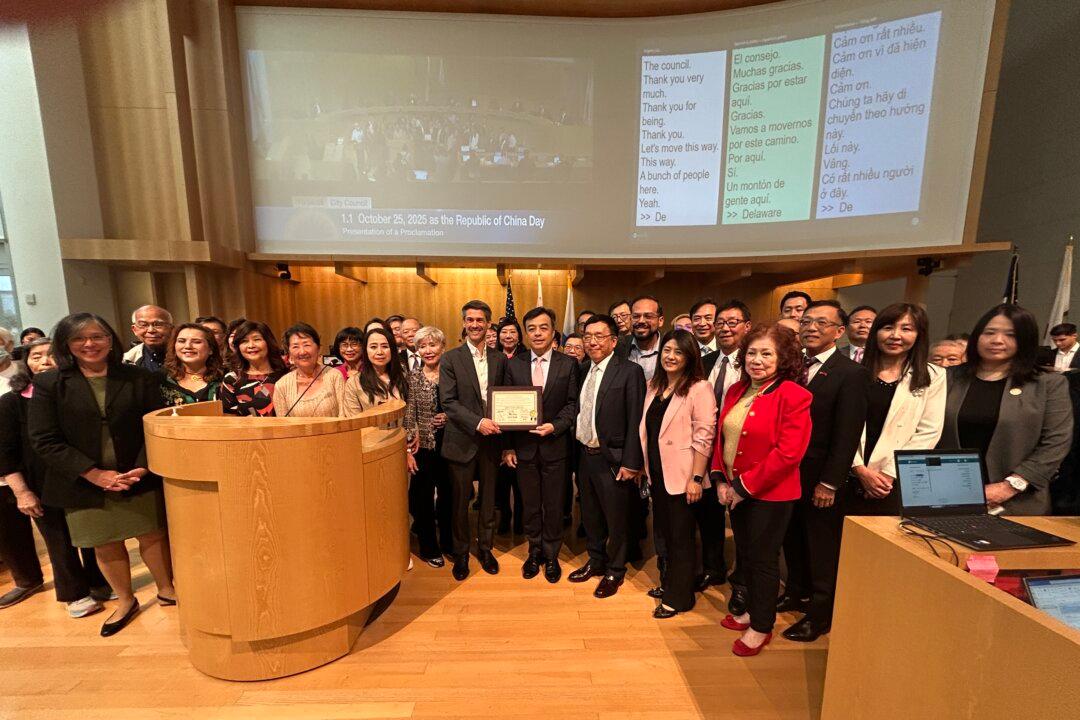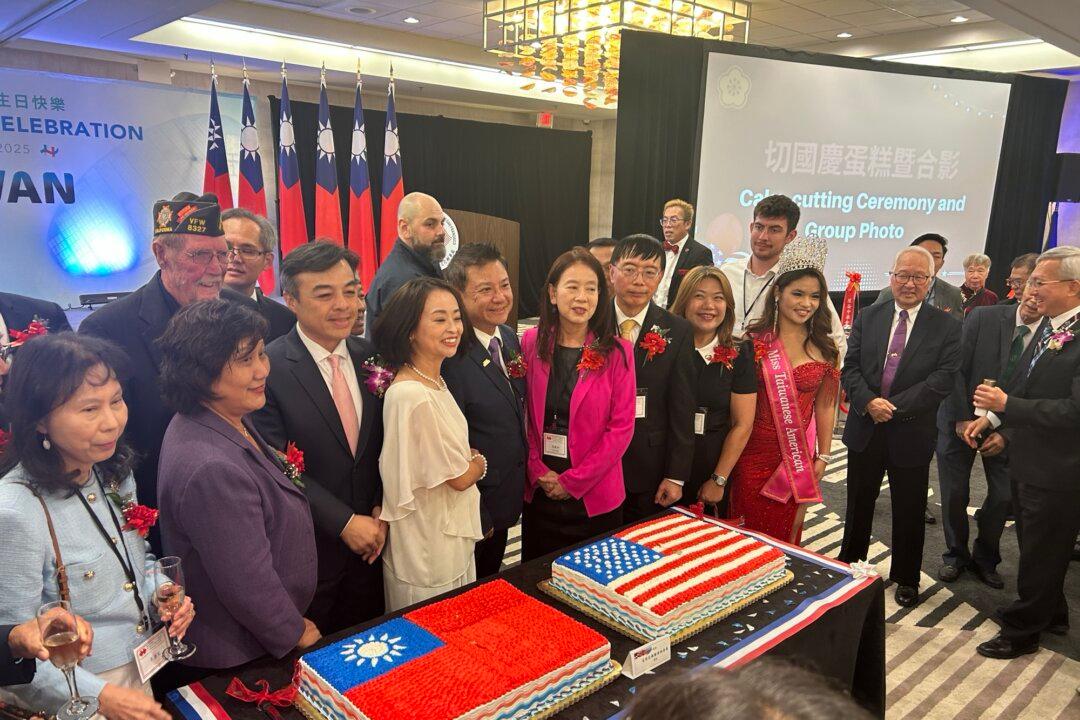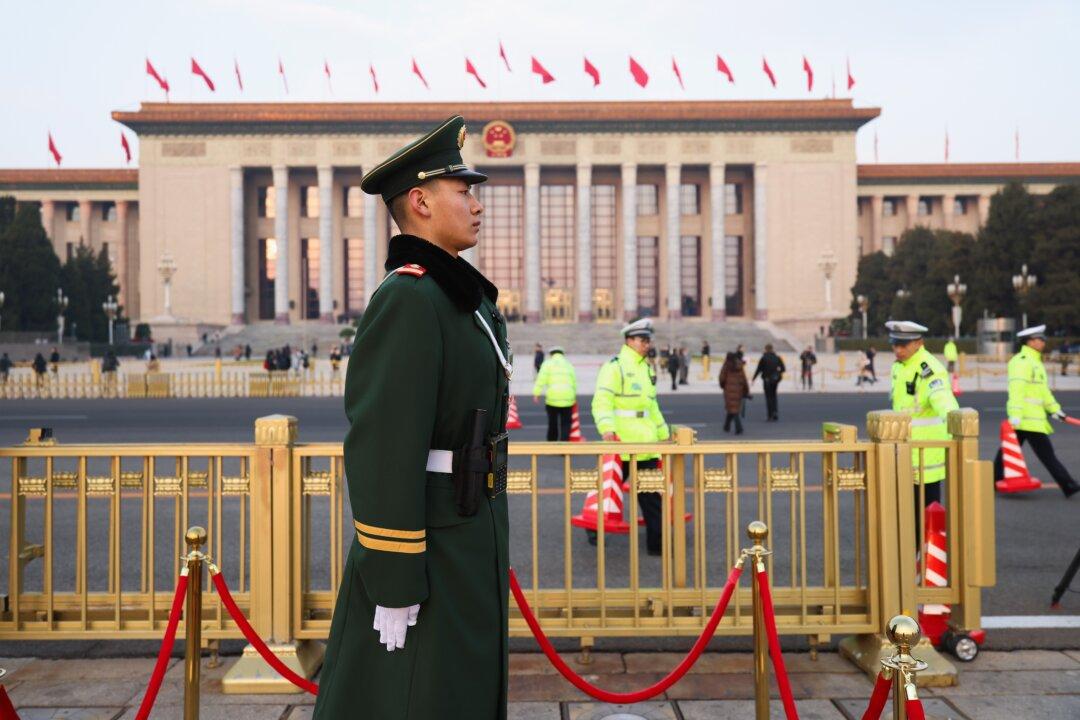In the past decade, the University of California (UC) system faced a sticky situation.
Staring down the barrel of precipitous cuts in state funding, UC needed to find benefactors to make up for the shortfall. It found its savior in the form of Chinese students who were willing to fork out around three times as much tuition as Californian residents to attend one of the system’s 10 campuses, which include some of the most prestigious public universities in the country.

